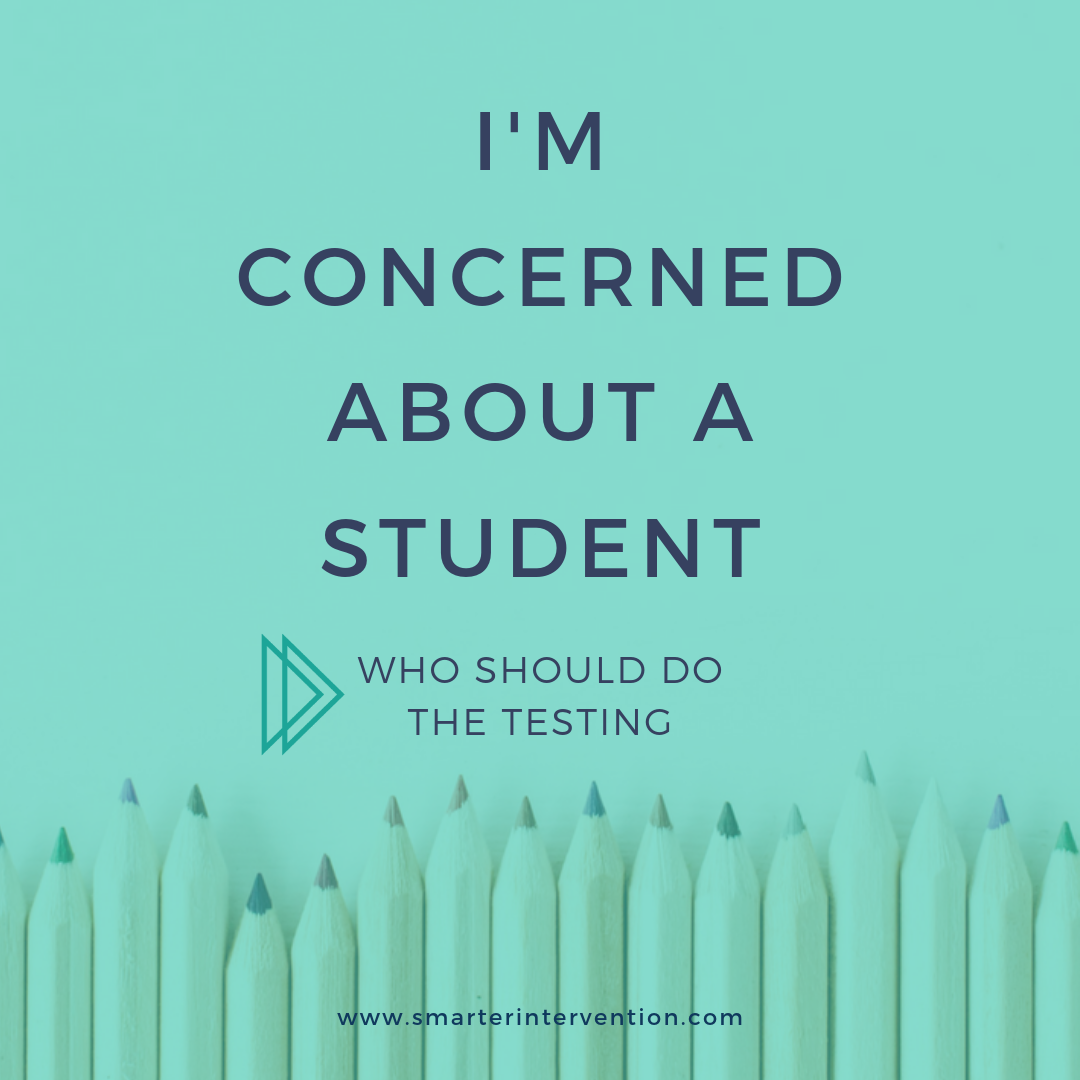Science-based literacy resources and articles
for families, educators and schools
Search by Category:
Categories
- Advocacy
- Authentic Literature
- Business
- Comprehension
- Data Tracking
- Differentiation
- Dyslexia
- Evaluation and Assessment
- Executive Functioning
- Games & Activities
- Helping My Child At Home
- How To
- IEP/504 Plan
- Lesson Planning
- Math
- Online Intervention
- Organization
- Parents
- Phonics
- Phonological Awareness
- Reading Comprehension
- Reading Fluency
- Research
- SLP
- Spelling
- Vocabulary
- Writing
Do I Need to Teach Phonological Awareness Skills?
To teach, or not to teach phonological awareness…this is the question (especially because research seems to be ever-changing in this area)!!
Check out this blog for answers to understand its importance, target specific skills, and integrate PA seamlessly into your lessons. Explore why phonological awareness matters for all ages and how to make it feel cohesive.
Should I Teach Syllable Segmenting?
Can you spell supercalifragilisticexpialidocious? Can your students?
In all seriousness, supercalifragilisticexpialidocious isn't the most functional word to spell – but as students progress academically, they do need to be able to break down long words for reading and spelling. Keep reading to learn why syllable segmenting is necessary and how to incorporate this instruction into your lessons!
Should I Teach Syllable Blending?
You might be wondering when it would be important to teach syllable blending. Is this a skill students even need?
The answer to that question is yes. This is a skill that students, in fact, need. But there are specific times when teaching this skill will be most important. Keep reading to learn more!
How do I Improve Phonological Awareness?
Phonological awareness is a key foundation for building early reading skills.
It's an umbrella term that essentially refers to the ability to break words into individual sounds, blend sounds to create words (sounding it out), and the ability to manipulate sounds in our language through tasks like rhyming, changing the ending sounds of words or the order of words (like in Pig Latin).
How Do I Pick Relevant Activities for My Reading Intervention Students?
So this can be one of the most challenging things we face as reading interventionists - what activities do I pull to target specific weaknesses for my struggling readers? And how can I do that without spending a TON of extra time that I don’t really have?
We all want the very best for our students, it’s our mission and our goal to be providing the best possible instruction to help completely eliminate reading and spelling gaps.
How to Use Language and Reading Evaluation Data to Provide Better Instruction
Discover how to interpret and act on standardized assessment data to enhance literacy intervention. Learn to pinpoint language-based and reading-based weaknesses through assessments and tailor interventions accordingly. Strengthen vocabulary, language comprehension, syntax, decoding, fluency, and comprehension skills with targeted activities.
How Do I Make Sense of IEP or Private Testing Data?
Uncover the mystery of interpreting IEP scores! Learn the purpose and significance of Language, Cognitive, Academic, Social/Emotional, and Motor Functioning tests. Navigate the realm of Standard Scores and percentiles to understand your child's performance compared to their peers. Unlock the secrets of educational assessments with this comprehensive guide!
I'm Concerned About a Student - Who Should Do the Testing?
Discover 8 key signs indicating it may be time to refer students for testing. Understand the benefits and drawbacks of referring to your school's evaluation team versus a local psychologist. Make informed decisions to support struggling students effectively. Access our free course for comprehensive intervention strategies!
8 Key Signs That It May Be Time to Refer a Student for Testing
Uncover the 8 key signs that suggest it's time to refer a student for further testing. As an educator, learn to identify subtle indicators such as inconsistent performance, behavioral concerns, or a sense that something isn't quite right. Trust your instincts and take proactive steps to support struggling students effectively.
#1 Tip for Helping Your Students Time Block Their Homework
Discover the power of time blocking in education and how it can transform your students' learning experience. Learn how to help families understand appropriate homework time limits based on grade levels and identify potential academic struggles early on. Unlock valuable insights to support your students effectively!
How to Teach Your Students to Self-Monitor Their Attention
Empower your students with attention-monitoring skills for academic success! Discover effective strategies to help children self-monitor their attention in class and at home. Encourage lifelong learning habits and enhance focus with simple yet impactful techniques.
The Secret You Need To Know Before Teaching Your Child The Alphabet
Unveil the secret to teaching the alphabet effectively! Discover how to connect letters to sounds, foster phonemic awareness, and enhance literacy skills. Explore hands-on activities and strategies for early literacy success.













